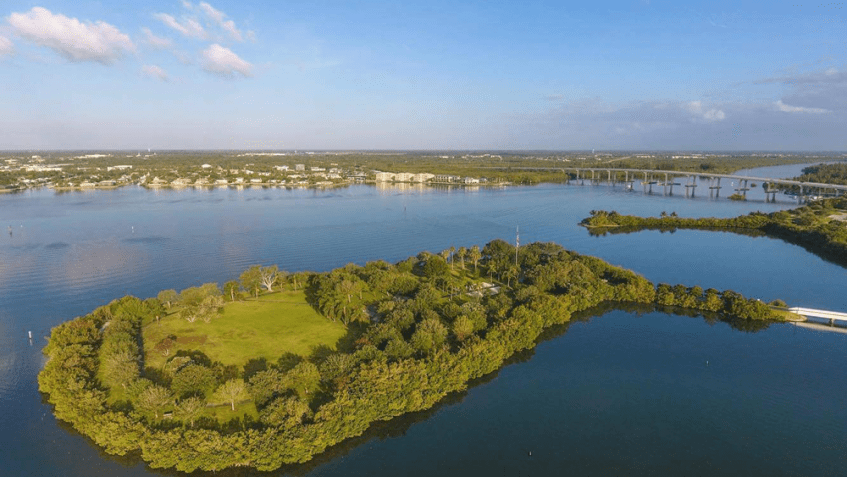Save our Seas
published in the TCPalm, April 22, 2017
We are facing a huge problem with plastics in our oceans. This isn’t just a problem for surfers, fishermen, beachgoers, Democrats, or Republicans; it is everyone’s problem. And, residents of Indian River County, are ready to make a change.
Nothing moved us more than images of Humbug, the loggerhead sea turtle, being released back into Sebastian Inlet after recovering from ingesting three plastic bags. We see these heartbreaking photos of our sea creatures caught in plastic debris all the time. Indeed, one in three species of all marine mammals have been entangled in marine litter. All of us see the water bottles and plastic bags that are floating in our oceans, caught in the landscape, and clogging our waterways.
What we don’t see are the tiny micro plastics that marine animals ingest as food. Like us, they can’t digest plastic. Unfortunately, once consumed, animals think they are full and slowly starve to death. In addition, we don’t see the toxins that are absorbed by plastics and eaten by small animals that are eaten by the larger animals that are eaten by us, causing sickness and sometimes death.
Experts estimate that 8 million tons of plastic waste goes into our oceans every year. It takes 400 years for a floating plastic water bottle to degrade. Our legacy will be creating the Plastic Age; the generation that left a worldwide band of plastics in our oceans and landfills.
70% of the Oxygen we breathe is not produced by trees; but by marine plants. If we do not stop polluting the oceans, we are truly killing ourselves.
Learn more! The Vero Beach Lifeguard Association and Democrat Executive Committee are sponsoring a screening of A Plastic Ocean, April 20, 7:00, at the Unitarian Universalist Fellowship. All proceeds to go to VBLA.
Debra Messer
Environmental Chair IRCDEC

